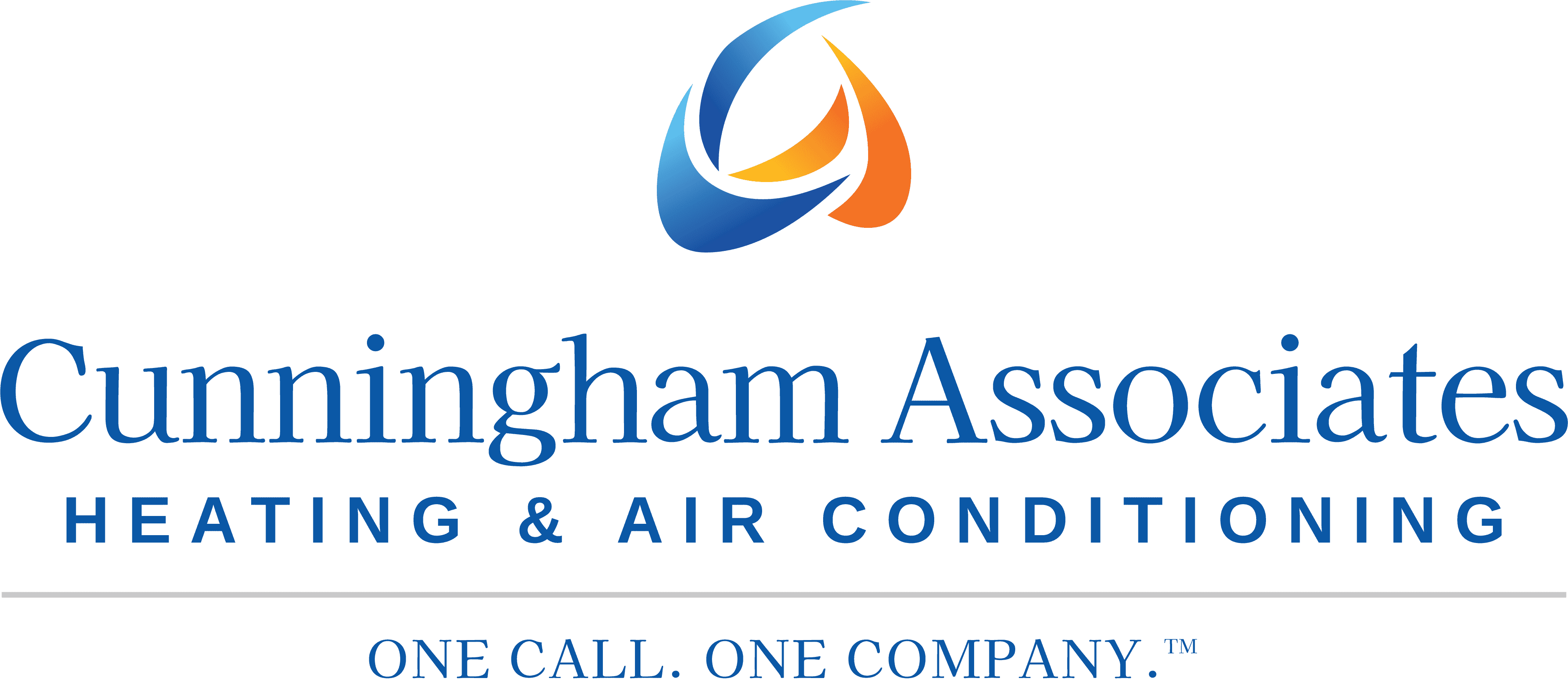Everyone wants a comfortable indoor environment. Yet, many people don’t consider the impact of HVAC systems on our well-being, especially for those who suffer from allergies.
Your HVAC system plays a crucial role in maintaining indoor air quality, and understanding its connection to allergies is key to creating a healthy living space. In this blog, we’ll explore how HVAC systems can either alleviate or exacerbate allergy symptoms and what you can do to ensure your home promotes a breath of fresh, allergen-free air.
Understanding Allergies and Indoor Air Quality
Allergies are the body’s immune system response to substances it identifies as harmful, even when they are not. Common indoor allergens include dust mites, pet dander, mold spores, and pollen. Maintaining good indoor air quality is crucial for allergy sufferers, as exposure to these allergens can trigger uncomfortable symptoms like sneezing, congestion, and respiratory issues.
The Role of HVAC Systems
HVAC systems regulate temperature, humidity, and air circulation in our homes. While they contribute significantly to our comfort, their impact on indoor air quality is equally significant. The design, maintenance, and filtration capabilities of your HVAC system can either mitigate or contribute to allergy symptoms.
Filters and Allergen Removal
The type and quality of air filters used in your HVAC system are crucial for allergen removal. High-efficiency particulate air (HEPA) filters are designed to trap tiny particles, including allergens, providing cleaner air. Regularly changing these filters ensures optimal performance, preventing the buildup of allergens and promoting better indoor air quality.
Humidity Control
Controlling humidity levels is another vital aspect of allergy management. HVAC systems with integrated humidity controls help prevent the growth of mold and dust mites, two common indoor allergens. Maintaining indoor humidity levels between 30-50% creates an environment less favorable for allergen proliferation.
Ductwork Maintenance
The cleanliness of your HVAC system’s ductwork also impacts indoor air quality. Over time, dust, debris, and even mold can accumulate in ducts, circulating allergens throughout your home. Regular professional duct cleaning ensures that your system operates efficiently and prevents the distribution of allergens.
Choosing the Right HVAC System for Allergy Relief
When selecting an HVAC system with allergy relief in mind, consider the following:
- HEPA Filtration: Opt for systems equipped with HEPA filters for effective allergen removal.
- UV Air Purifiers: Some HVAC systems offer UV air purifiers that can neutralize mold, bacteria, and viruses, contributing to a healthier indoor environment.
- Regular Maintenance: Schedule routine HVAC maintenance to address any potential issues promptly and keep the system operating at peak efficiency.
Additional Tips for Allergy-Friendly Homes
In addition to optimizing your HVAC system, consider these tips for an allergy-friendly home:
- Regular Cleaning: Frequent cleaning, especially of carpets, rugs, and upholstery, helps reduce allergen buildup.
- Pet Care: If you have pets, groom them regularly and create pet-free zones within your home to minimize exposure to pet dander.
- Ventilation: Ensure proper ventilation by opening windows when possible to allow fresh air circulation.
Your HVAC system can either be a source of relief or a contributor to your allergy symptoms. By understanding the connection between HVAC and allergies, you can take proactive steps to create a healthier indoor environment. From choosing the right filters to implementing regular maintenance, these efforts not only enhance your comfort but also promote the well-being of everyone in your home. Breathe easy and allergy-free with a well-maintained and allergy-conscious HVAC system.
If you’re in need of HVAC services at your Atlanta-area home, the pros at Cunningham Associates Heating & Air Conditioning are just one call away! (770) 273-0893.


